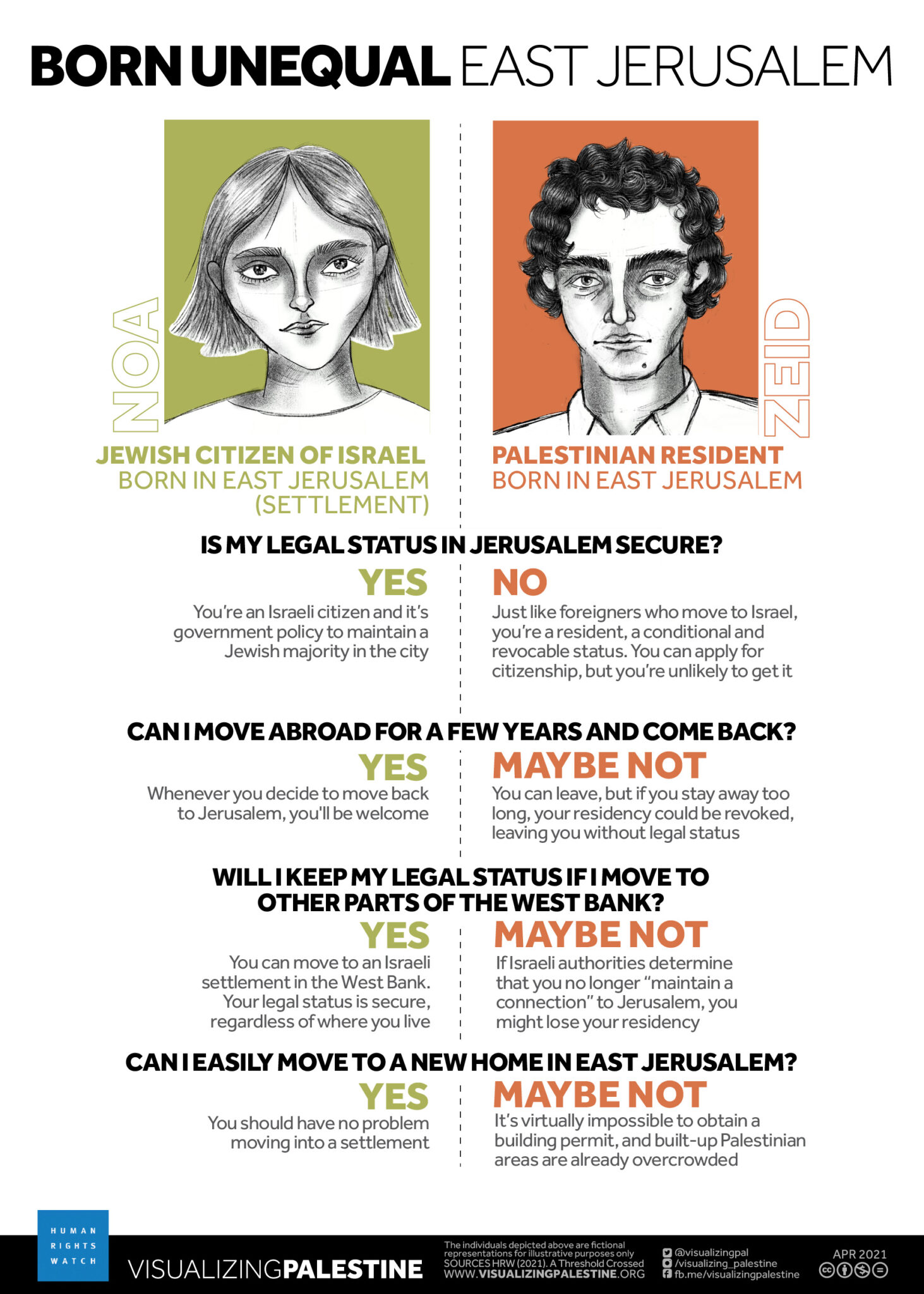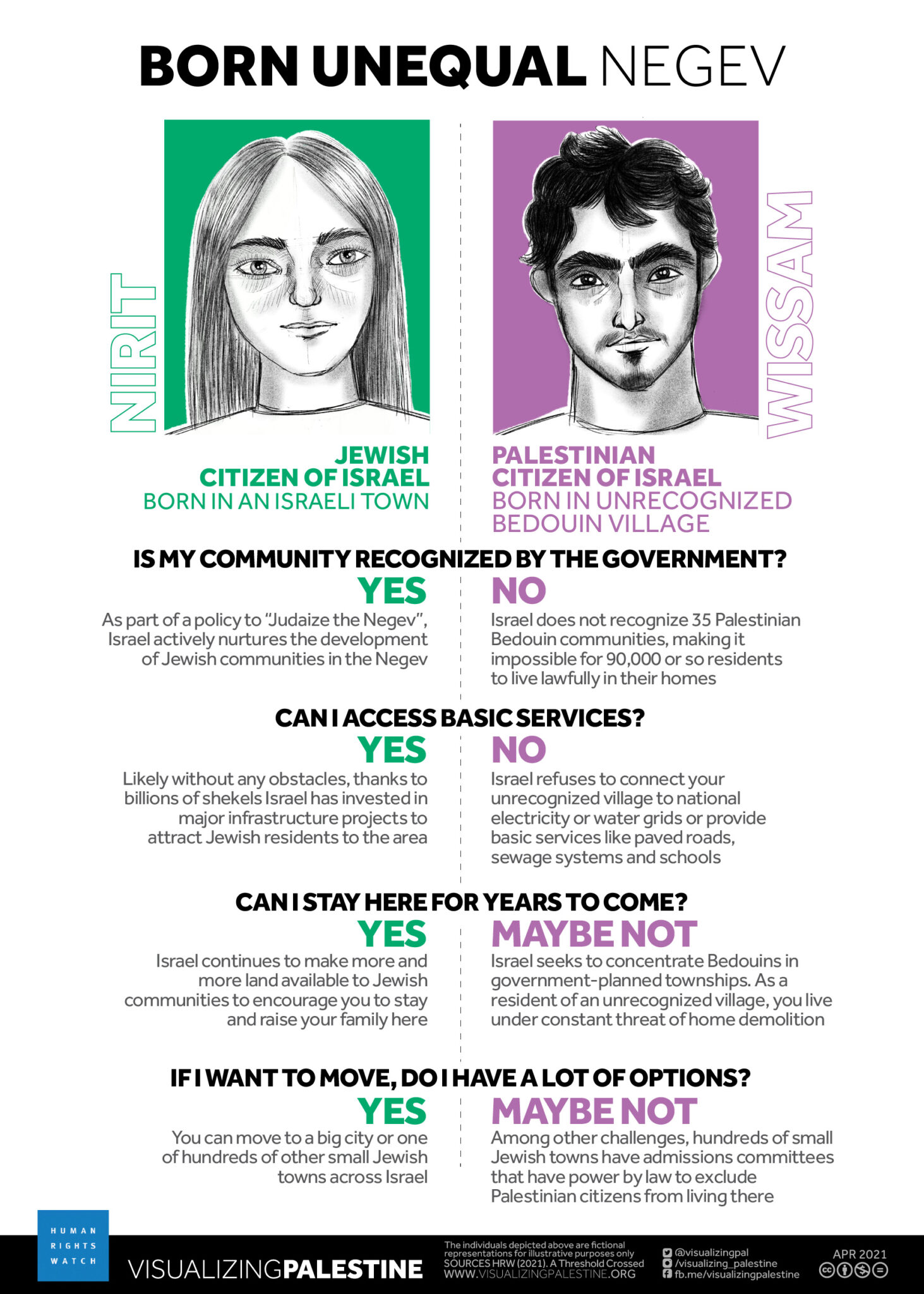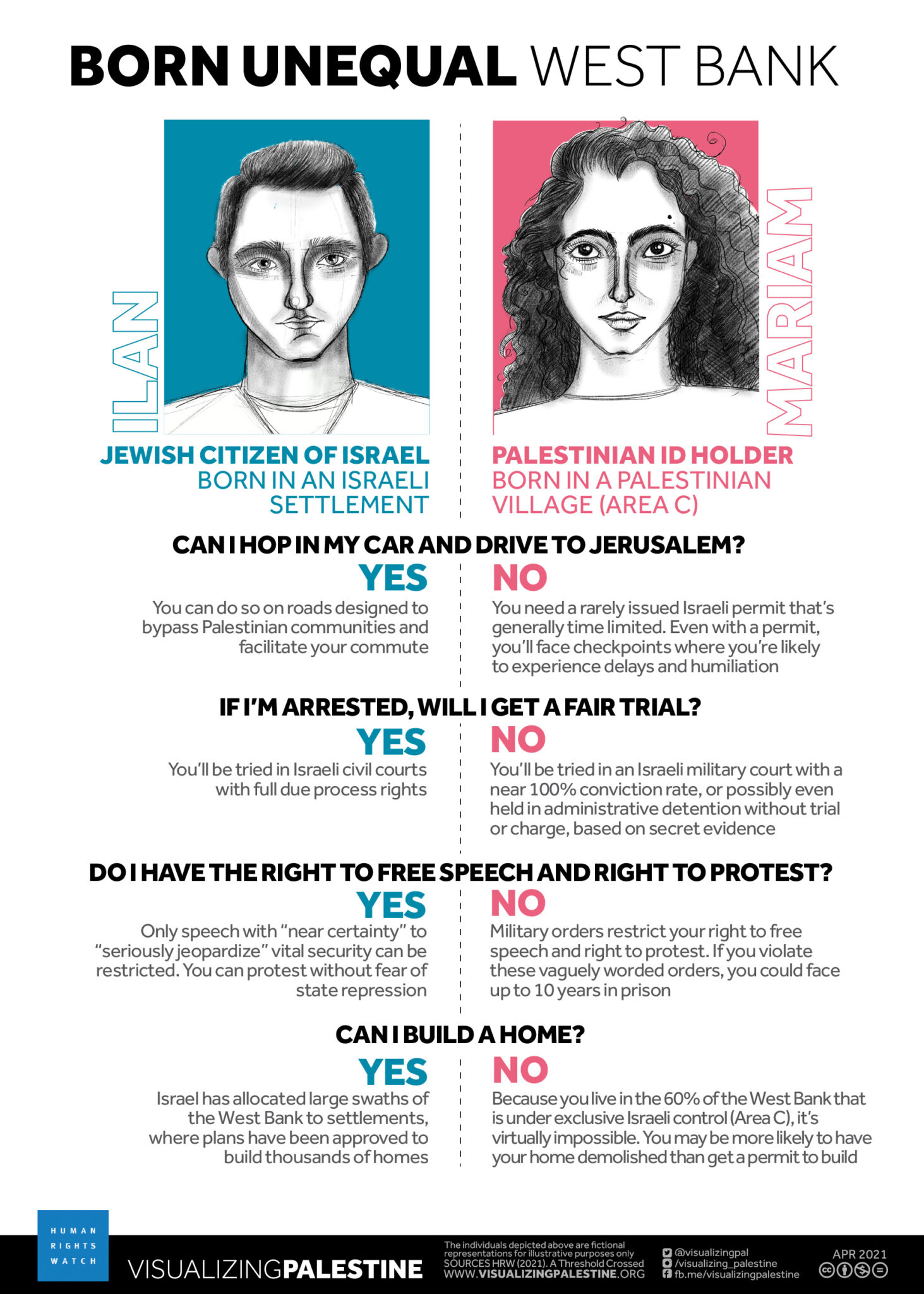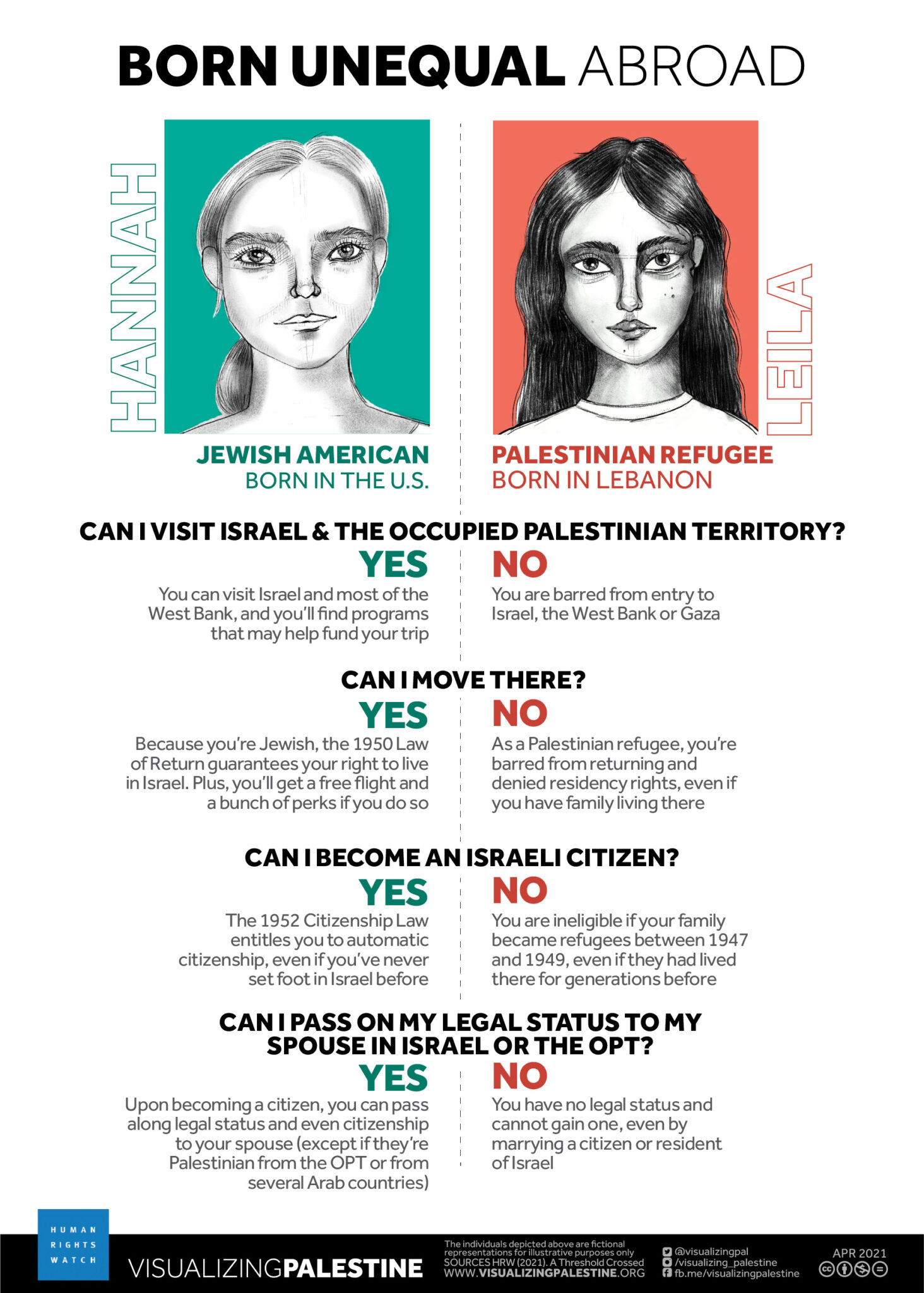Frequently asked questions
What is apartheid?
Apartheid is a system of institutionalized racial segregation and discrimination designed to maintain the domination of one racial group over another through systematic oppression and inhumane acts.
While the term is historically associated with South Africa, it is also a defined legal concept in international law. Major human rights organizations—including Amnesty International, Human Rights Watch, and Israeli rights group B’Tselem—have conducted extensive research and concluded that Israel’s laws, policies, and practices against Palestinians meet this legal definition. They document a system designed to maintain the systematic oppression and domination of Jewish Israelis over Palestinians. We use this term not as a simple analogy, but as a precise description of a present-day reality.
What exactly is an “Apartheid-Free Zone”?
An Apartheid-Free Zone is a committed business, organization, community space, or public institution that has pledged to cut economic, institutional, or cultural ties with companies and entities complicit in Israeli apartheid, genocide, and the occupation of Palestine. It’s a declaration of solidarity and a concrete step towards ending this apartheid system.
What is the ultimate goal of this campaign?
Our ultimate goal is twofold:
- To build collective power across the Bay Area by organizing our communities to practice values-based economics. This means severing ties with entities profiting from apartheid and genocide, and instead reinvesting in our local communities for everyone’s benefit.
- To answer the Palestinian call for solidarity by applying strategic economic pressure to help end the Israeli occupation, achieve equality for all, and uphold the right of Palestinian refugees to return, as outlined by the BDS movement.
Can boycott actions like this really make a difference?
Economic pressure is far from symbolic. The South African anti-apartheid boycott was a crucial tool in bringing that regime down. Today, the BDS movement has caused billions of dollars in losses for complicit companies and has shifted the global narrative on Israel. When a major city, university, or church divests, it has a real financial and reputational impact. Our collective action in the Bay Area, a major economic hub, amplifies this effect. Here are some historic examples where BDS movements have made a difference.
Montgomery bus boycott (1955): following the arrest of Rosa Parks, 90% of black residents participated in a boycott and formed the Montgomery Improvement Association, led by a young Martin Luther King Jr. Bus boycotters faced intense harassment and arrests, but as the boycott endured, a federal court ruled in 1956 that segregation on public buses was unconstitutional.
United Farm Workers produce boycotts (1965-1970): Filipino farmworkers working in grape fields walked off the job to demand fair wages. United Farm Workers launched a national boycott and garnered support from restaurants, churches, and consumers that drove down sales and helped secure new contracts with improved wages and working conditions.
South Africa apartheid boycott (1959-1994): the Anti-Apartheid Movement began by boycotting fruit, wine, and cigarettes, then asking supermarkets to not stock any goods from South Africa. In the 1980’s, the boycott focused on fashion chains like Marks & Spencer, Next, and Austin Reed. People started refusing to travel there, companies would not do business and artists would not perform there. In 1986, the US Congress enacted the Comprehensive Anti-Apartheid Act, banning South African imports, airlines, and foreign aid. This led to significant losses in revenue and jobs, finally resulting in the dismantling of apartheid in 1994 as Nelson Mandela was elected South Africa’s first black leader.
What does it mean for a business or institution to become an Apartheid-Free Zone? What do they have to do?
Becoming an Apartheid-Free Zone is a public pledge to align your operations with the ethical values of our community. The commitment involves a few key steps, and our campaign provides full support throughout the process:
- Audit: The first step is to review your supply chains, products, and partnerships to identify ties to companies on the boycott list and complicit Israeli institutions.
- Divest: Develop a plan to phase out these products and partnerships. You are not alone in this process, we can help you achieve that goal. For example, Neighborhood Business Alliance (NBA) can help you with finding alternative products and distributors that are apartheid-free.
- Source: Switch to alternative suppliers and products that are not profiting from Israeli apartheid, occupation, and genocide.
Eventually, you can display the Apartheid-Free Bay Area poster to amplify the message of this campaign and join us as an ambassador to encourage other businesses to go apartheid-free.
What does it mean for me, as an individual, to become apartheid-free? What can I do?
As an individual, becoming apartheid-free means integrating your values into your daily economic and community life. Your commitment is a powerful form of solidarity. You can:
- Take the pledge and commit to not doing business with or buying products from companies on the boycott list that are profiting from Israeli apartheid, occupation, and genocide.
- Use our Apartheid-Free Business Map to consciously support local businesses that have taken the pledge to be apartheid-free.
- Encourage your friends, family, and community to learn about the movement and go apartheid-free.
- Amplify your impact by volunteering with our campaign to help with outreach, education, and building our network of solidarity.
Photo Credit: Dan Meyers Info Graphic Credit: Visualizing Palestine



